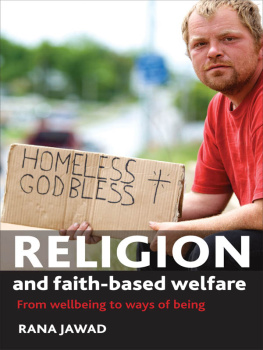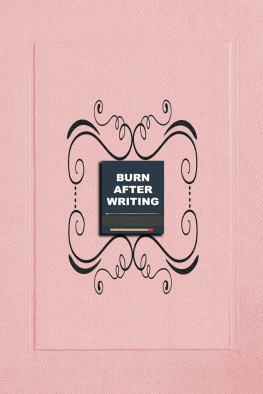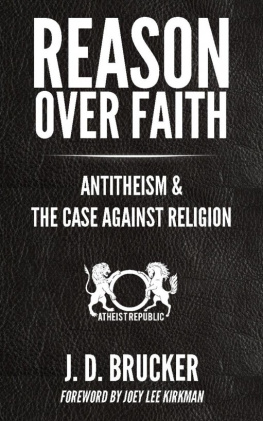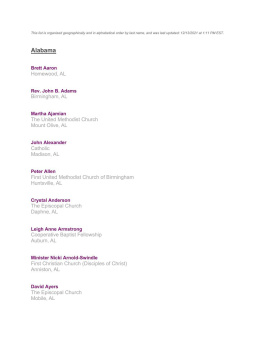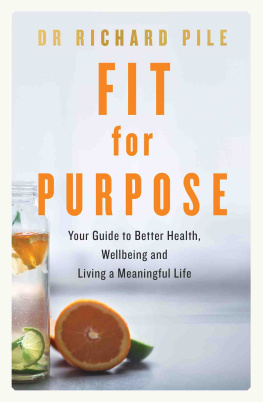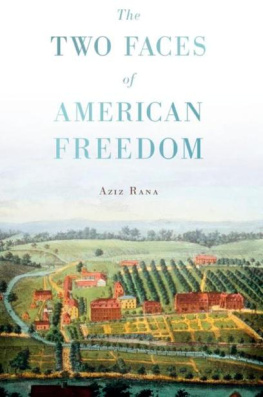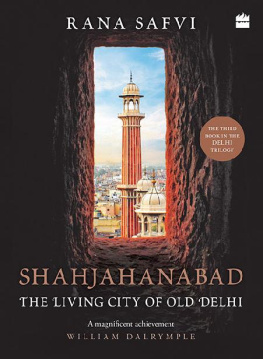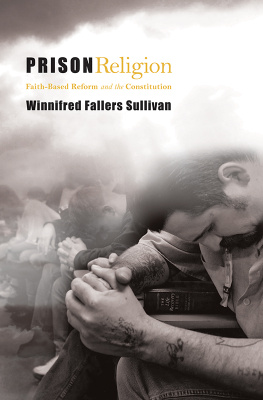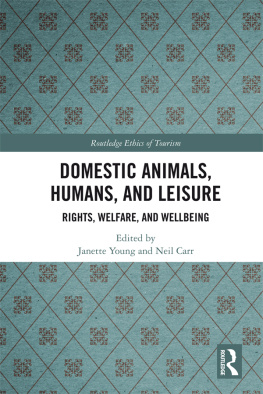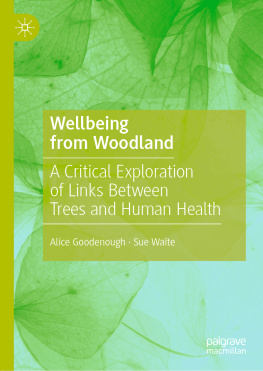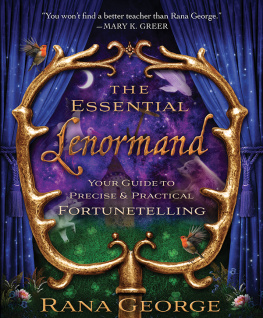RELIGION AND FAITH-BASED WELFARE
From wellbeing to ways of being
Rana Jawad
First published in Great Britain in 2012 by
The Policy Press
University of Bristol
Fourth Floor
Beacon House
Queens Road
Bristol BS8 1QU
UK
Tel +44 (0)117 331 4054
Fax +44 (0)117 331 4093
e-mail
www.policypress.co.uk
North American office:
The Policy Press
c/o The University of Chicago Press
1427 East 60th Street
Chicago, IL 60637, USA
t: +1 773 702 7700
f: +1 773-702-9756
e:
www.press.uchicago.edu
The Policy Press 2012
British Library Cataloguing in Publication Data
A catalogue record for this book is available from the British Library.
Library of Congress Cataloging-in-Publication Data
A catalog record for this book has been requested.
ISBN 978 1 84742 389 4 paperback
ISBN 978 1 84742 390 0 hardcover
The right of Rana Jawad to be identified as author of this work has been asserted by her in accordance with the 1988 Copyright, Designs and Patents Act.
All rights reserved: no part of this publication may be reproduced, stored in a retrieval system, or transmitted in any form or by any means, electronic, mechanical, photocopying, recording, or otherwise without the prior permission of The Policy Press.
The statements and opinions contained within this publication are solely those of the author and not of The University of Bristol or The Policy Press. The University of Bristol and The Policy Press disclaim responsibility for any injury to persons or property resulting from any material published in this publication.
The Policy Press works to counter discrimination on grounds of gender, race, disability, age and sexuality.
Cover design by The Policy Press.
Front cover: image kindly supplied by istock
Printed and bound in Great Britain by TJ International, Padstow
The Policy Press uses environmentally responsible print partners
Readers Guide
This book has been optimised for PDA.
Tables may have been presented to accommodate this devices limitations.
Image presentation is limited by this devices limitations.
Contents
Thank you again to The Policy Press for their support of my work. Thanks are also owed to the Universities of Warwick and Kent who awarded me the research grants that were necessary to conduct the empirical research. I hope that the organisations and individuals who met with me during the research will find some use in this book, and I thank them for sharing their time and experiences with me.
We must continue to use to the full the spirit that made our great organizations for full Mutual Aid and that fired the philanthropists of past it involves making and keeping something other than the pursuit of gain as the dominant force in society. In former days there was a great alternative to the pursuit of gain, as the guiding force in society; there was force for good inspired by religious belief and based on membership of Christian community. Now this religious force for good is less widely influential than it was in the nineteenth century. It must either be revived or be replaced by some equally good alternative, if that can be found. Perhaps it must be both part revived and part replaced. (Beveridge, 1948)
My visit to the East London Mosque on Whitechapel Road (Borough of Tower Hamlets, East London) began as a run-of-the-mill interview appointment at a Muslim organisation that, I had been told by a key informant in the voluntary sector, was doing really important work. On exiting Whitechapel underground station, I was unexpectedly greeted by the grand facade of The Royal London Hospital. A vague recollection of this name revisited me from my modest readings on Victorian philanthropy was there not a religious connection to this place? Turning right, I walked through the street market stalls and streams of Asian people and shops. At last, I found the large mosque-cum-community centre, mundanely located in between a row of commercial businesses, as a long line of young boys in white robes and black caps were led by a male adult through a door next to the main mens entrance of the mosque it looked like there was an Islamic school here.
During the interview, I learned that in the late 1990s, the mosques leaders and members were joined by the local religious and secular community organisations in a campaign against the city council to obtain permission to buy a piece of land next to the mosque, where they wanted to build the community centre. With mass community support and a large protest march, photos of which are on permanent display in the mosques reception area, the East London Mosque gained permission to buy the land and began construction of the London Muslim Centre, now a multistorey building which houses the mosque groups projects as well as various other community organisations renting out office space to offer social services. My interviewee told me that a new building is now also under construction which will be entirely focused on services for women in the local area and will include a health and fitness club. The East London Mosque was also taking part in one of the new social finance bonds currently being promoted by the Coalition government that was specifically for religious congregations (Faiths In Social Finance Bonds). It celebrated its centenary in 2011, proudly hailing its pluralist ideals and non-Muslim co-founders, having grown from a rented hall, to a purchased house, to a purpose built mosque, to a major centre in the space of 100 years ( for more on this).
Interview done, I walked back from the mosque at a more leisurely pace, with more time to take in the vicinity. Barely a few metres away, I spotted Booth House, and what I slowly recognised, looking from across the road, to be the red shield logo of The Salvation Army. This large rectangular building was indeed reminiscent of the homeless centres (or, to use their proper name, Lifehouses) that the Army runs around the country. I continued back towards the station and came across a narrow entrance to a modern-looking building with Davenant written on the front door and next to it, an older building, with The Foundation School engraved on its front wall. Was this also some religiously inspired organisation? Next to that was an entrance to another building under the name of Jagonori perhaps another community centre of some sort?
Then I reached The Royal London Hospital again, and descended into the underground station, still not quite aware that in roughly one mile of Whitechapel Road I had walked through the best part of 500 years of religious social welfare action in this historic corner of London symbolic home of the British working-class struggle, new home of mass immigrant populations from the South Asian continent and perennial home of innovative social welfare experiments (Bradley, 2009;Warren, 2009).
And so it is that this book stems from the recognition that the main body of students, researchers and practitioners of social policy in the UK (and England in particular) have only tacit acknowledgement of the role of religious actors, values and institutions in UK social policy, or indeed, in their more general history within the voluntary and philanthropic spheres. And furthermore, that the need to articulate this association with greater critical accuracy, let alone descriptive detail, never really seemed that relevant or pressing, until now.
Religion in contemporary UK: beyond European exceptionalism?


